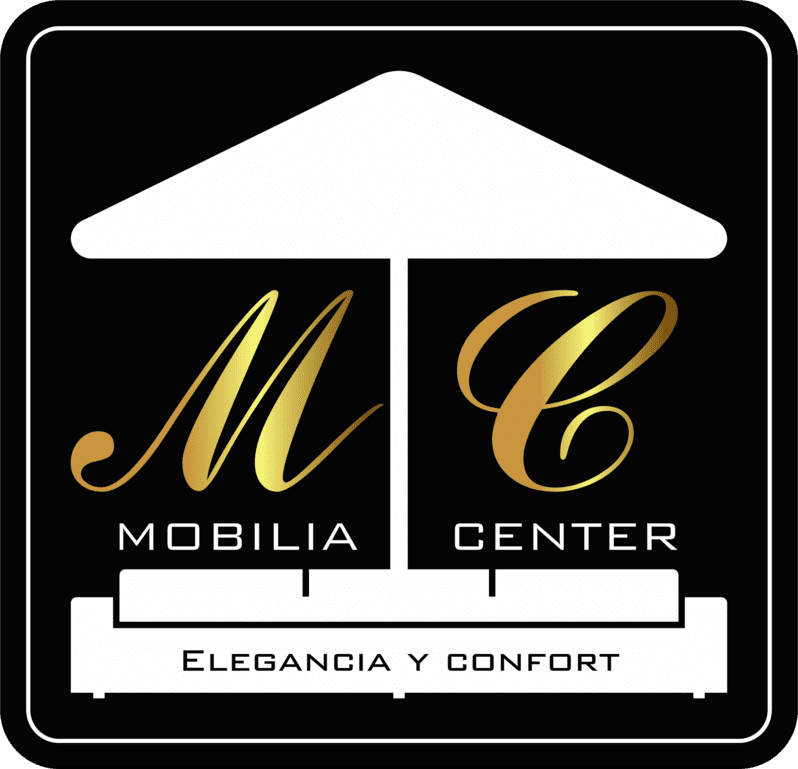«There are houses out there promising parents, ‘We can get your kids clean.’ I don’t delude myself. I tell parents every day, ‘I can’t get your kid clean and I can’t keep them clean. That’s up to them,’ » Winant said. The certification is voluntary, but if a home is not certified, the courts cannot refer people to live there. Rhonda Mann, a spokeswoman for the Executive Office of Health and Human Services, says the group the National Alliance for Recovery Residences will train Massachusetts providers how to certify the homes. «They may say that they’re testing, but that may lend itself to the house manager saying, ‘Give me $50 and I’ll say that you passed,’ » Winant said. «There are homes that are a complete mess, where a guy is putting in as many beds as possible and charging people rent.» Sober homes are supposed to be safe places for newly sober people — some who are there voluntarily, some ordered by the courts.
Successful sober homes establish and reinforce healthy lifestyles, provide a safe and stable place to live, conduct meaningful activities, and build relationships and social networks for support. Through our network of certified sober housing and empirically based recovery principles, MASH’s goal is to help create and foster these safe living environments for those with substance use disorders. In 2011, the National Alliance for Recovery Residences (NARR) established national standards for recovery residences (including sober housing). These standards were developed using a collaborative approach with input from regional and national recovery housing organizations.
Finding a Sober House in Massachusetts
MASH is an affiliate of NARR and used these standards to create Massachusetts standards for certified sober homes. NARR has since released two updates to the standards, first in October 2015 and then in 2018. The third version of the NARR standards provides more explicit guidance to providers, including metrics for evaluating the peer support components of a residence’s recovery environment. The Center for Community Recovery Innovations, Inc., issues an annual Request for Proposals (RFP) to solicit projects for funding. The proposals that are selected need to meet CCRI’s current priorities and eligibility categories.

All MASH-certified sober homes follow the National Alliance for Recovery Residences (NARR) standards and have been independently inspected. Hilary Jacobs, who heads substance abuse services in the state Department of Public Health, said her agency has about $250,000 to conduct such training for the first year, based on a rough estimate of 300 sober homes in the state. South Middlesex Non-Profit Housing Corporation, Worcester, $14,750
MassHousing grant funds will help rehabilitate 19 single-room occupancy units of affordable sober housing for women at Pax House in Worcester.
Mass. Begins Certifying Sober Homes
MASH-certified sober homes must also offer a peer-based environment and be drug- and alcohol-free. Residents of sober homes are expected to abstain from alcohol and drug use, other than prescribed medications, and to refrain from prescription misuse. MASH-certified sober homes are governed by standards that address safety from an administrative, operational, property, and “good neighbor” perspective. It is a feeling.” Our certified sober homes take pride in offering a home-like environment that supports recovery.
GAAMHA, Gardner, $75,000
MassHousing grant funds will help acquire and rehabilitate a four-bedroom sober home for eight residents in Gardner. Build relationships with key people who manage and lead nonprofit organizations with GuideStar Pro. Mark E. Lawton, a former juvenile court judge who is now in private practice in Brockton, testified that his son, who struggled with addiction, was helped by living briefly in a sober home.
Is this your nonprofit?
After years of complaints and lawsuits alleging that some of the homes are unsafe and anything but sober, the state is taking steps to more closely monitor sober homes. The Massachusetts Department of Public Health has started a voluntary certification process for sober homes. To date, CCRI has awarded more than $13 million in grants for the creation or preservation of more than 2,700 units of substance-free housing, in 54 communities, serving recovery populations that mash sober housing include men, women, families, veterans, the homeless and ex-offenders. To date, CCRI has awarded more than $13.8 million in grants for the creation or preservation of more than 2,800 units of substance-free housing, in 54 communities, serving recovery populations that include men, women, families, veterans, the homeless and ex-offenders. Sober homes support various abstinence-based pathways to recovery, and each residence focuses on one or more particular pathway.
Sober homes proliferate in Roxbury, Dorchester – BayStateBanner
Sober homes proliferate in Roxbury, Dorchester.
Posted: Wed, 25 Jul 2018 07:00:00 GMT [source]
All proposals and applicant qualifications are stringently reviewed and vetted by MassHousing. In Massachusetts, sober homes and recovery residences are different models for substance abuse recovery. Recovery residences —formerly known as halfway houses — are licensed residential treatment programs, while Massachusetts sober homes are peer-led and do not provide treatment.
